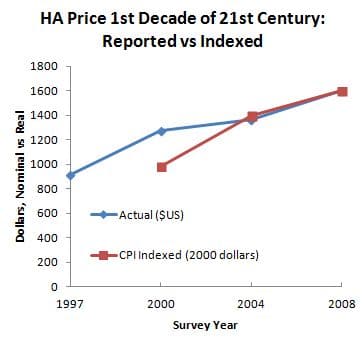A University of Iowa biologist has received funding from the National Institutes of Health to further investigate how a hormone may prevent hearing loss in humans.

Steven Green, PhD
Steven Green will continue his research into how responses to progesterone will lead to therapeutics for repairing damage to the inner ear caused by noise. Previous research has shown that even low levels of noise, over time, can lead to cochlear synaptopathy.
Cochlear synaptopathy in animals, including humans, affects nerve cells in the ear that bridge the passage of sound and auditory information from inner-ear hair cells—the sound sensors—to the brain. The successful transmission of sound from hair cells to nerve cells, which occurs through a junction called a synapse, is integral to hearing in animals, including humans.
Green and his team have been investigating the effect of hormones such as estrogen and progesterone on hearing loss and how they might be used to repair noise-induced hearing loss in people exposed to noise during employment or recreation.
“We found that male mice are more susceptible than are females to such damage caused by noise and susceptibility in females varies through their estrous cycle (the mouse equivalent of the human menstrual cycle). These differences all appear to be due to the hormone progesterone in females and we are investigating the mechanism by which progesterone exerts its protective effect against noise damage.”
–Steven Green, PhD
The NIH award is $1.8 million over five years.
Source: University of Iowa








Dear Dr. Green, excellent findings. Women I think have a better attenuation system for loud sounds just before the ribbon synapses that may lower the impacting energies at the hair cells. in my studies, I note that hearing thresholds beyond 2000hz have equal damages between women and men. I attribute that to use of bluetooth devices at work, and evening walks! Bluetooth is dangerous as it automatically adds 7 db to the existing settings in the hearing aids.
Good job , Dr. Green!